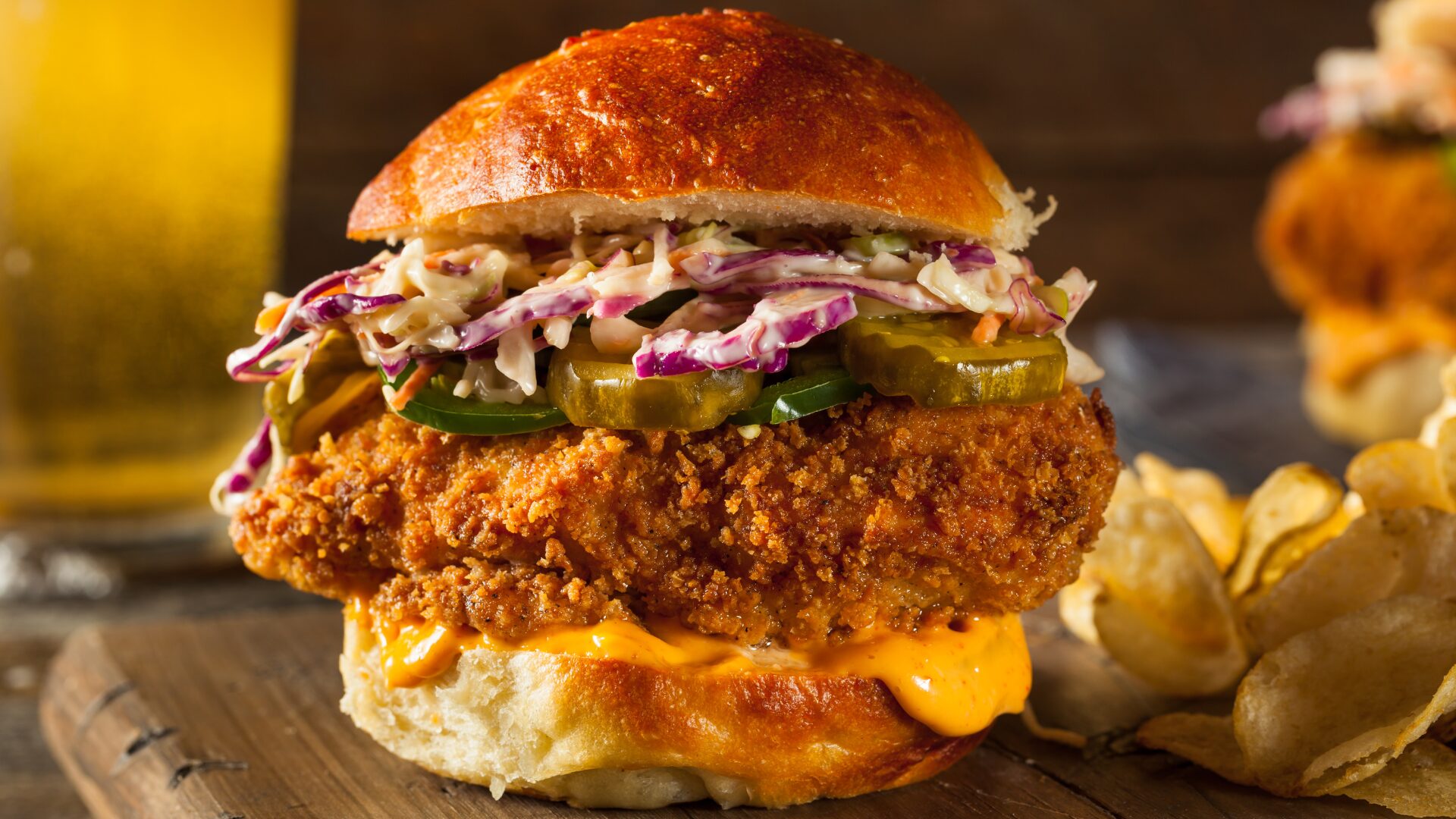You’re sitting at the table in a moderately priced restaurant, and the 9-year-old twins at the next table are throwing rolls at each other, or the 5-year-old behind you is having a melt-down because he prefers his mac-and-cheese with flat noodles rather than elbows, or there’s a 3-year-old with a balloon attached to her wrist running circles around the tables and laughing uproariously.
Rather than subjecting their patrons to those or similar scenarios, Nettie’s House of Spaghetti in Tinton Falls, New Jersey, has decided to ban children less than 10 years of age from dining at the establishment, effective March 8, the company announced on social media, at the same time apologizing to anyone upset by the new policy.
“Between noise levels, lack of space for highchairs, cleaning up crazy messes, and the liability of kids running around the restaurant, we have decided that it’s time to take control of the situation,” the announcement reads.
The question is whether this action will benefit the eatery or hurt the bottom line. The money saved on crayons, coloring books and cleaning likely will be offset by the number of parents who decide to take their family elsewhere.
RISKY DECISION
The danger is real. A National Restaurant Association survey indicated that families with children less than 13 years of age represent 30% of restaurant traffic in the United States, and families with children less than 18 eat out an average 2.5 times a week compared with childless adults who eat out 1.7 times a week on average.
Mani Bhushan, who owns four Taco Ocho locations in Dallas noted there has always been an understanding in the industry that customers don’t bring young children to fancy, fine dining restaurants.
It’s harder to apply that rule to neighborhood, family-style settings.
“What’s interesting is children grow up and often become your customers, too. And when you get them in your restaurant young, they do end up becoming customers as they get older,” Bhushan said.
Jana Dziak of The Peasant’s Daughter said she worked in restaurants for more than a decade, doing everything from cleaning up to tending bar.
“The most difficult patron has always been drunk men, and they were the bane of my existence as a server and bartender just trying to put myself through school,” she said. “Not as bad as most restaurant managers and owners — but close — and way worse than any child I’ve ever dealt with.”
CUSTOMERS SOUND OFF ON RESTAUARNT BANS
Nettie’s decision prompted some customers to set up a Facebook page dedicated to boycotting the restaurant.
“My family eat[s] out often, and we have never had children ruin our meal,” Facebook user Jennifer Sanya wrote. “Patrons do not need to be protected from big bad children. If there’s an issue that presents itself, the restaurant needs to deal with that rather than banning an entire segment of the population.”
“Just because some of you can’t parent your kids or the wackos where the sight of [a] child triggers you doesn’t mean that you have to punish the parents of well-behaved children,” wrote Facebook user Freddie W. Stein. “I’m seeing more and more places make this policy change and, honestly, it’s sickening to think that the only places you can have a meal with your kids [are] Friendly’s and McDonald’s instead of politely asking the family of rowdy children to quiet down or leave. What’s from stopping them from doing this to the mentally ill next because all the problems disruptive kids come with they do as well.”
LEGAL CONCERNS OF RESTAURANT BANS
The action also raises legal issues concerning children’s rights.
Several posters, however, supported Nettie’s policy, saying owners should be able to run their businesses as they see fit.
Clinical social worker and registered play therapist Leigh Ellen Magness told The Food Institute banning children from somewhere sends “a clear message that we don’t think they’re capable of the skills required to be there. It certainly does nothing to help them practice social skills, table manners or waiting patiently.
“If they can’t practice those skills now, with the help of adults for guidance and support, they become adults who don’t have those skills either,” Magness added.
The Food Institute Podcast
Click the play button above to listen to the episode.
While many dairy products require bacteria for production, not all cultures are made the same. Chr. Hansen microbiologist Shannon Neuens joined The Food Institute Podcast to explain his views on bio-protection – the use of microflora to extend a product’s shelf life – and also discusses how the company’s line of cultures can be used to bolster nutrition and improve taste.












